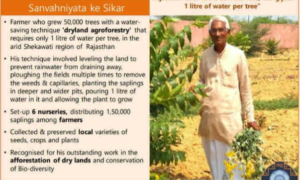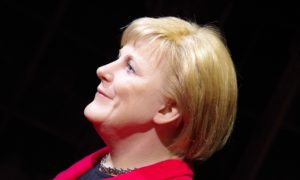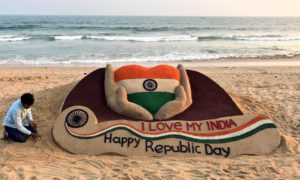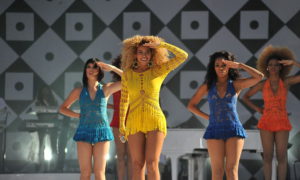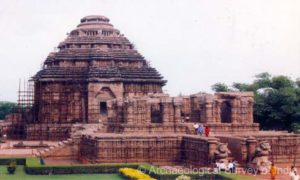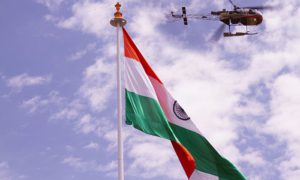‘ Home in the world’, A memoir by Amartya Sen
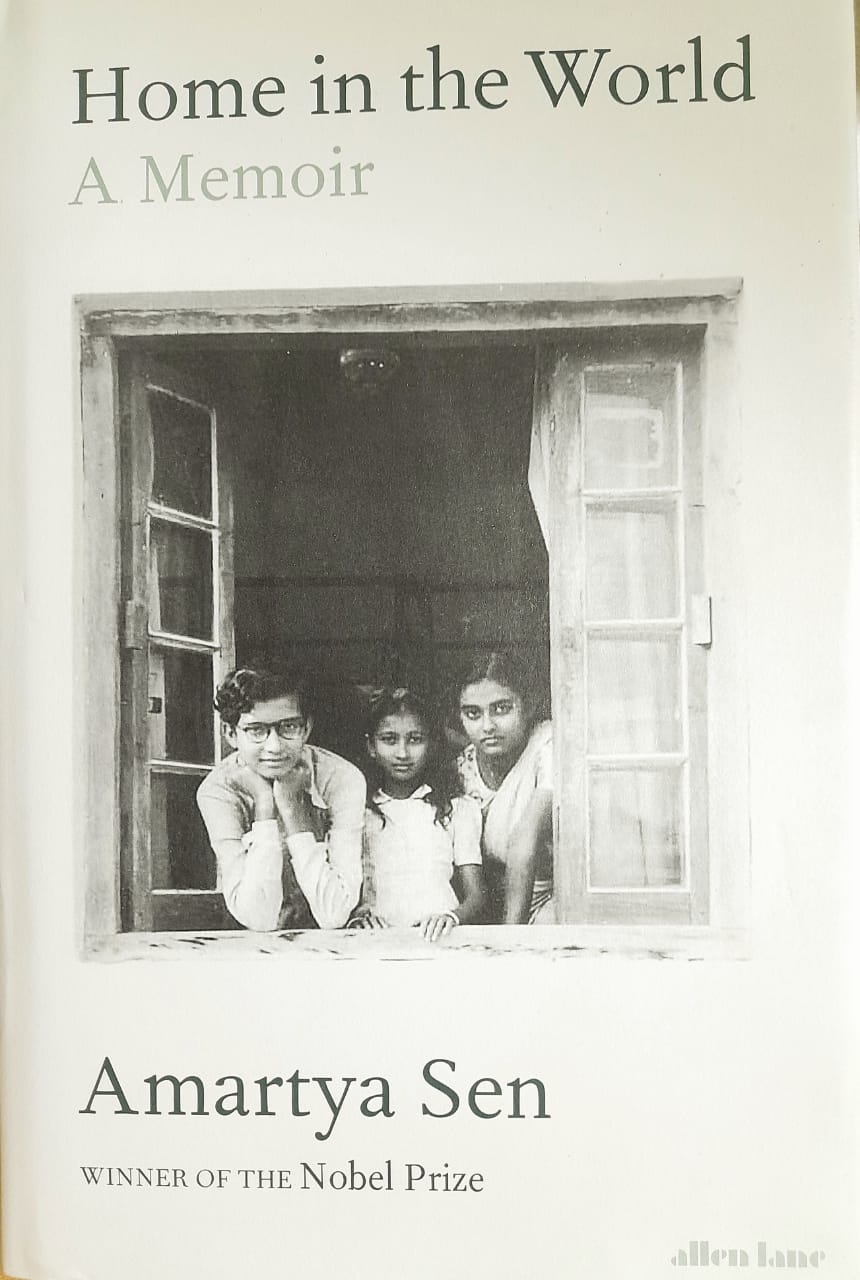
The best compliment on Noble laureate Amartya Sen has been by ‘ New Statesman’ which said ,’ The English speaking world’s pre-eminent public intellectual.’ And certainly, Amartya Sen has emerged as the most distinguished minds of our time.
His latest literary work, in the form of a memoir; ‘ Home and the world’ comes across as the journey of self and the society which is universal in nature.
Amartya Sen being an economist and philosopher has brought in the re imagination of portraying the life journey in a new creative manner.
Amartya Sen candidly mentions that his memoir is ‘smritichaaran’ which mean grazing of one’s own memory.
Sen vividly remembers his growing up days in Dhaka and Calcutta and subsequently grown up age in New Delhi , USA and England.
Sen confesses that Rabindranath Tagore had a great influence on him and the the title of the book ‘ Home in the world’ has been influenced by Tagore’s ‘Home and the world’.
Sen provides an anecdote of being questioned by the BBC reporter. Once Sen was asked abut the place of his home or belongingness.
Here, Sen provides a unique answer saying his life has been shaped a greater ideology of universalism.
The title of his memoir ‘Home in the world’ reflects the principle of universalism and acceptance and adherence to the idea of multi-culturalism.
Amartya Sen specifically mentions in the preface of his memoir that,’ the other approach is ‘inclusive’- and concentrates on looking on the different manifestations of the ultimately one civilization-perhaps we should call it a world civilization-which generates different flowers through an interrelated life of roots and branches.’
The Amartya Sen memoir Home in the world’ ranges upto 480 pages and is divided into 26 chapters well arranged in 5 parts.
Amartya Sen has been successful in evaporating or blurring the man-made boundaries in the world in his creative writing on the journey of his life across continents.
His ideas and understanding on economics, philosophy, identity, social choice and the power and importance of arguments and reasoning have been shaped by various personalities and cultures.
In the chapter entitled, ‘ What Economics?’ Amartya Sen describes his intellectual engagements with many economists like Joan Robinson, Richard Kahn, Nicholas Kaldor, Maurice Dobb, Dennis Robertson and Piero Sraffa etc.
Sen specifically mentions that ‘ after reading Arrow’s ‘Social Choice and Individual values’ …..I could see that my interest in the field was becoming very strong.’
In economics and intellectual circle Amartya Sen had developed a strong and personal relationship since his student and teaching days.
Two notable friends who became world class economists and made their marks incredibly have been Mahbub-2 Ul-Haq and Dr Manmohan Singh. Sen remembers,’….Manmohan Singh, later to be Prime Minister of India, arrived as an under-graduate at St.John’s in 1955, and I went to visit him soon afterwards.
The narrative of the memoir by Amartya Sen ends with his return to India in 1963.
After going through the mega book, one can get the reflections of Tagore’s writings on Amartya Sen.
His prose is lyrical and makes the reader hooked to his gripping and magical narratives.
Some of the anecdotes like the last minute cancellation of his scheduled meeting with Sir Cyril Redcliff is quite interesting.
Leading intellectual and academic Sunil Khilnani has brilliantly reflected and opined on Amartya Sen ,’ ..a distinguished inheritor of the tradition of public philosophy and reasoning—Roy, Tagore,Gandhi, Nehru….if ever there was a global
intellectual, it is Sen.’













